- Establishing Shot (EST) - Establishing where the action takes place- sets the scene e.g. exterior shot and usually wide shot (WS)
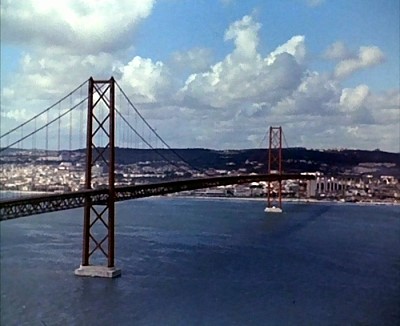
- Wide Shot (WS) - Often (But not always) used as an establishing shot- the reason for this is to show the subject's surroundings

- Long Shot (LS)- A shot which shows all or most of a fairly large subject (for example: a person) and usually much of the surroundings

- Medium Long Shot (MLS) - Knees to Head with some background

- Medium Shot (MS) - Waist to Head
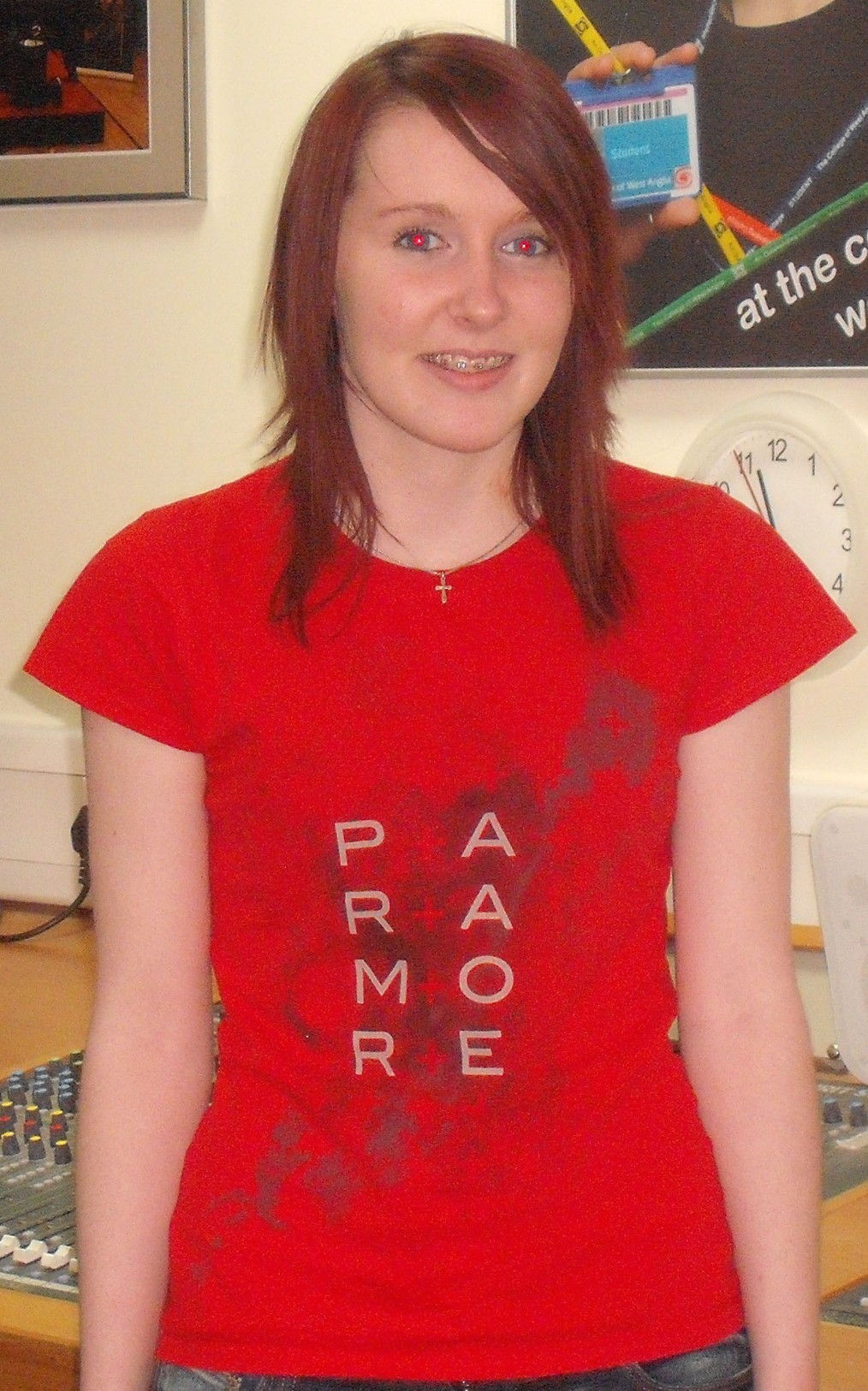
- Medium Two Shot - Waist to Head with two people
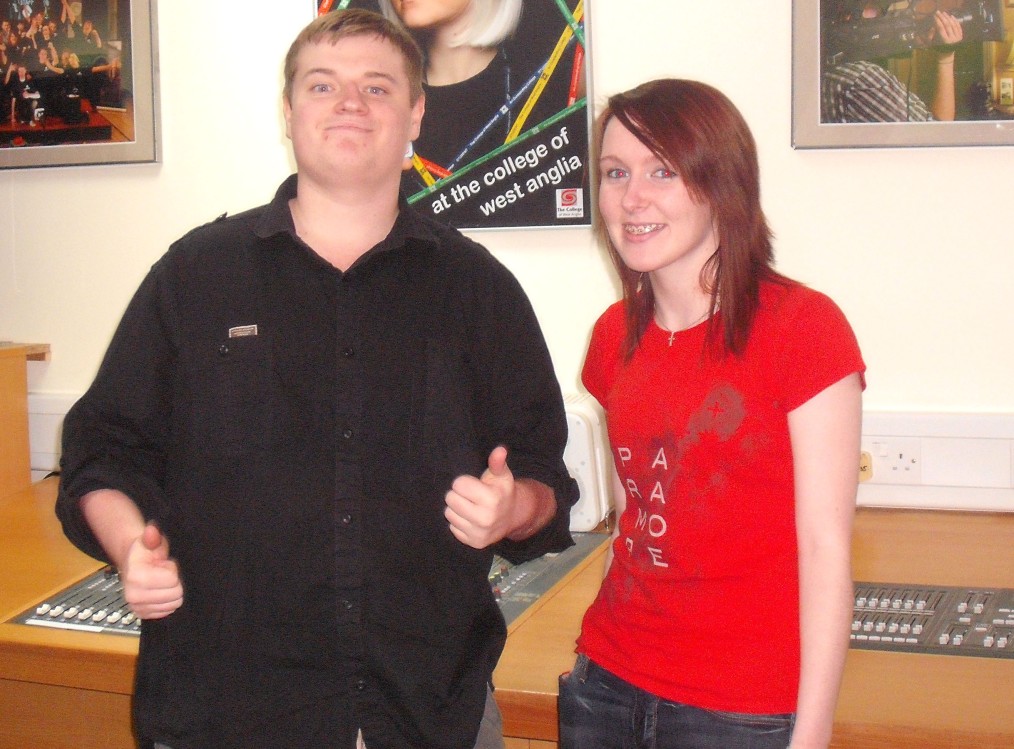
- Medium Close-up (MCU)- Head to Shoulders

- Close-up (CU) - Shows a chatacter's face and this is used to show emotion

- Big Close-up (BCU) Forehead to Chin - used to show detailed emotion and facial features

- Extreme Close-up (ECU)- A very tight shot (e.g. a characters eyes or a door handle)

- Over the Shoulder (OTS)- Used during conversation - MCU + other person shoulder/head, back etc
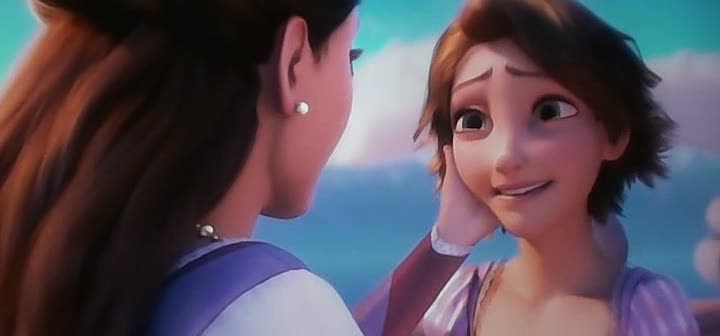
- OverHead Shot (OH)- Camera will be directly over the objects/actors
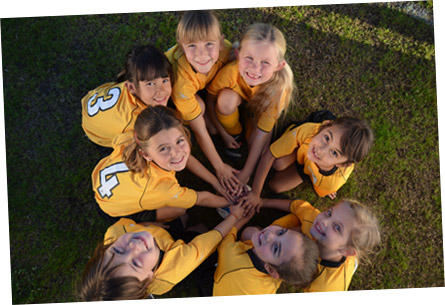
- High Angle (H/A)- Could be used to make the object/person powerless because they are looking down on them (belittling the character)

- Low Angle (L/A)- Could be used to make the object or charatcer powerful

- Deep Shot (DS)- When something is in the foreground and something else is in the background

- Eventhough this list is different types of shots the directors can used two or more different types of shot in one shot e.g.-

This is a "High Angle" and "Over the Shoulder" because it this making Bella appear powerless whilst she is having the conversation with the vampire.
No comments:
Post a Comment